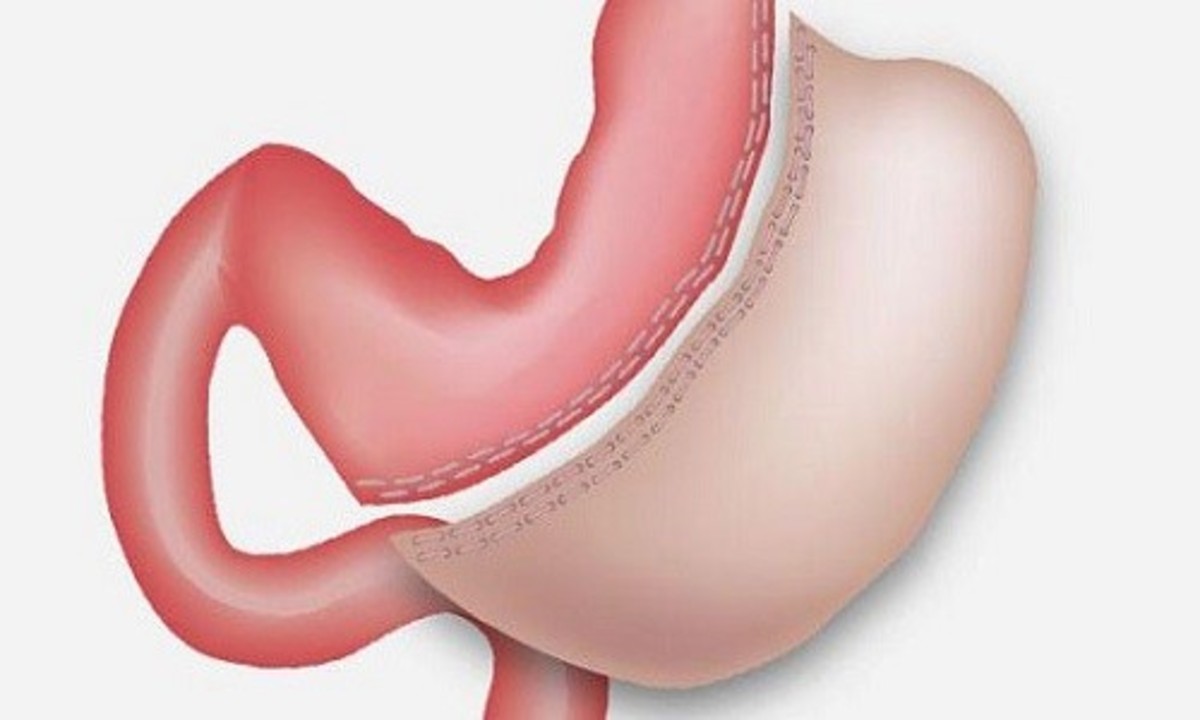Stomach Sleeve – A Less Invasive Option For Bariatric Weight Loss
Stomach Sleeve By extracting a significant portion of stomach, this surgery lowers ghrelin levels – known as the hunger hormone.
Starting off slowly with liquid only diet for two weeks; slowly transition to soft foods before finally including solid food items in your daily menu plan. Unfortunately, this limited diet could leave you susceptible to vitamin deficiency without multivitamin and calcium supplements to supplement.
This procedure is irreversible. Over time, your stomach may stretch back out, allowing fat cells to expand again and cause weight regain.
Weight loss
Stomach sleeve surgery is an alternative approach to bariatric weight loss that is minimally invasive. The procedure entails decreasing the size of the stomach from its original sac-like state into a narrow tube while keeping intact the pyloric valve that controls food entering into the small intestine.
Surgeons use laparoscopes to insert surgical tools through small incisions into your stomach using laparoscopy, before extracting portions along its outer curve using surgical sutures, leaving only a thin sleeve that quickly fills again after meals are eaten.
After gastric sleeve surgery, your body experiences significant physical changes including long-term weight loss and decreased production of appetite-inducing hormones.
Not only can stomach sleeves help you shed unwanted weight, they may also lower the risk of chronic health conditions like high blood pressure and diabetes. Therefore, it is crucial that you continue seeing your doctor regularly for checkups and laboratory work; you may even require daily nutritional supplements like B12, calcium and iron supplementation for optimal performance.
Less hunger
A gastric sleeve procedure entails surgically reducing your stomach size from an expandable sac to a thin tube, thus restricting how much food can be eaten at any one time, helping you shed unwanted pounds more efficiently while decreasing levels of the hunger hormone ghrelin.
After surgery, for the first two weeks you will consume a liquid diet, which then transitions to soft food for six to eight weeks and finally solids foods gradually over time. Fatigue may occur during this stage due to low calorie consumption.
Most patients experience less hunger after having a gastric sleeve operation, especially those who eat small, frequent meals throughout the day. However, head hunger may still arise in instances of sadness, stress or loneliness and try distracting yourself with something such as reading a book or meeting up with a friend for coffee; this will help avoid overeating and potentially stretching the sleeve further.
Less bloating
Vertical Sleeve Gastrectomy (VSG), restricts how much food you can consume by creating a smaller stomach pouch. Additionally, this operation alters how your stomach sends hunger signals to the brain while also decreasing levels of Ghrelin hormone.
Your post-surgery stomach has shrunk by up to 80% – which may cause gas pains, bloating and other digestive issues. Drinking plenty of fluids and eating protein-rich foods may help mitigate such discomforts.
Some individuals suffer from dumping syndrome, in which food passes too quickly through the small stomach pouch and into the lower part of the small intestine, causing nausea, vomiting and diarrhea. Medicine or following diet guidelines can usually prevent this problem. Leakage from staple lines created during VSG surgery may occasionally occur and should be addressed using endoscopic procedure; overall this procedure has low rates of complications and less risks than weight loss surgeries like gastric bypass.
Less pain
After having sleeve surgery, you will wake up feeling slightly worn-out yet with minimal pain thanks to the quality analgesia provided during your operation.
By extracting a portion of your stomach, surgery also reduces production of ghrelin – commonly referred to as the hunger hormone – making you less hungry and allowing for smaller meals to be eaten throughout the day.
Your stomach sleeve can expand if you overfill it, so make sure not to consume too many large meals at one sitting. Therefore, it’s vital that you choose an experienced bariatric surgeon when selecting one for surgery.
Reversing a gastric sleeve procedure is impossible, and to maintain long-term success you should commit to changing your eating habits permanently. Otherwise, the sleeve could stretch and require gastric bypass surgery; signs that your sleeve may have overfilled could include nausea, vomiting and an inability to drink liquids; this could indicate late leaks or perforations which would necessitate emergency surgery as soon as possible.
Disclaimer: The content on this blog is intended for general informational purposes only. It is not a substitute for professional medical advice, diagnosis, or treatment. Always consult qualified healthcare providers for personalized advice. Information regarding plastic surgery, dental treatment, hair transplant, and other medical procedures is educational and not a guarantee of results. We do not assume liability for actions taken based on blog content. Medical knowledge evolves; verify information and consult professionals. External links do not imply endorsement. By using this blog, you agree to these terms.





